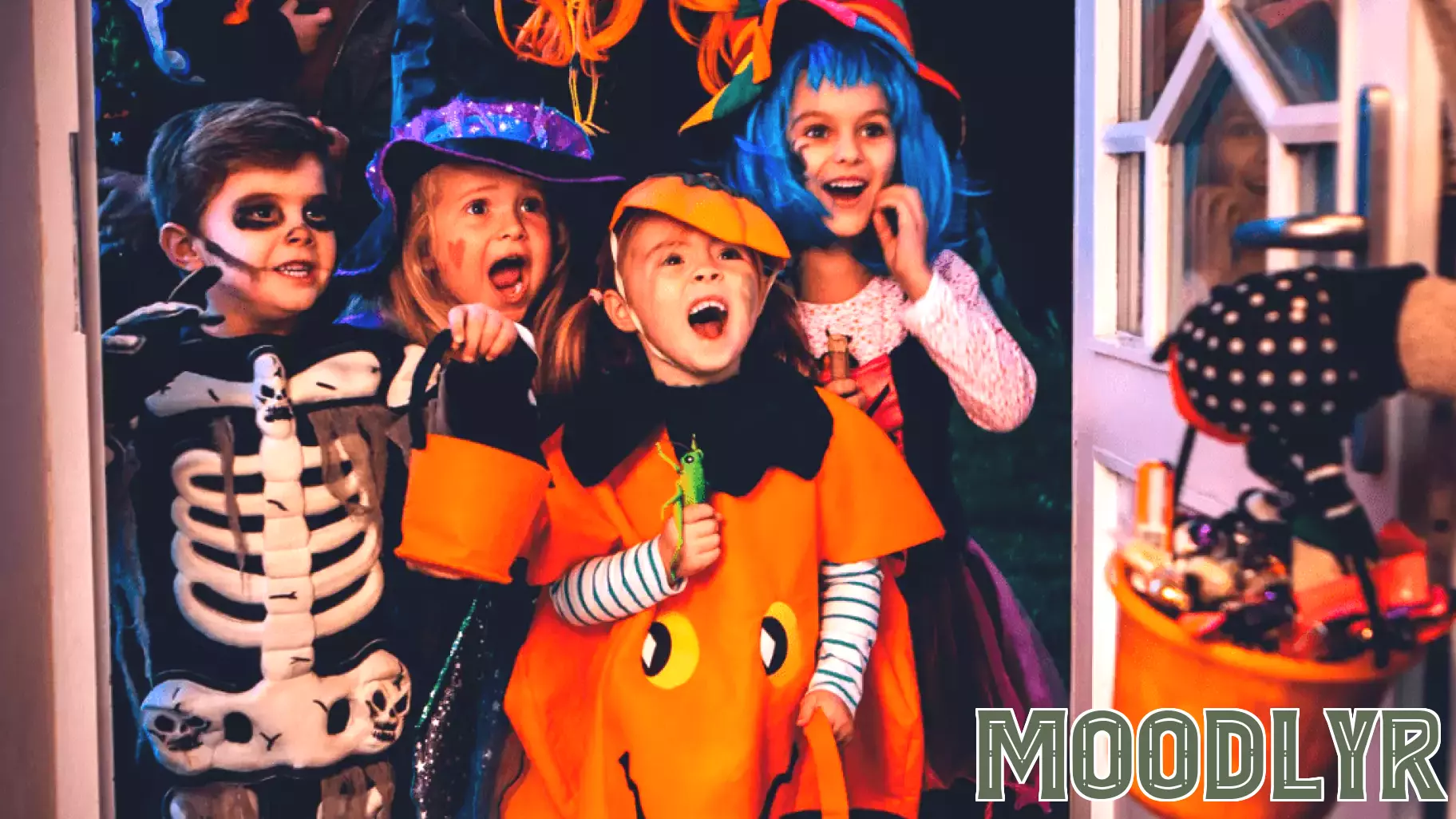The Thrill of Halloween: Understanding Fear and Excitement
October 23, 2025 - 18:42

As Halloween approaches, many people find themselves drawn to the thrill of a good scare. A scientist has shed light on how our brains process fear and transform it into excitement. This fascinating interplay occurs when the brain perceives a potential threat but simultaneously recognizes that it is in a safe environment. The result is a rush of adrenaline, leading to feelings of exhilaration rather than genuine terror.
For parents of young children who may not yet be ready to embrace the Halloween spirit, understanding this phenomenon can be crucial. Experts suggest gradually introducing children to spooky themes in a controlled manner. This could involve reading age-appropriate Halloween stories or watching light-hearted films that feature friendly ghosts and playful monsters.
By fostering a sense of safety and allowing children to explore their feelings about fear, parents can help them enjoy the fun of Halloween without overwhelming them. This balance can lead to a lifetime appreciation for the excitement that comes with a good scare.
MORE NEWS

February 21, 2026 - 02:30
Home Really Is Where the Heart IsThe age-old saying `home is where the heart is` is more than just a sentimental phrase; it is a neurological reality. New research suggests that the profound feeling of home is an idea we...

February 20, 2026 - 05:37
Racist Attitudes Linked To Future Psychological Distress – But Could Both Be Fueled By Something Else?A new research study is challenging the straightforward assumption that holding racist views directly causes future mental health problems. While confirming a link between prejudiced attitudes and...

February 19, 2026 - 04:05
UWM Professor Uses Sport Psychology Research to Solve Real-World ProblemsProfessor Barbara Meyer possesses a uniquely analytical lens that she applies to nearly every situation. Whether she`s guiding Olympic athletes, consulting with a university soccer team, or simply...

February 18, 2026 - 03:25
Why couldn't Ilia Malinin handle the pressure? Sports psychologists offer their thoughtsThe recent performances of top athletes have reignited a crucial conversation within the world of elite sports: the immense psychological burden of competition. While the spotlight often falls on a...